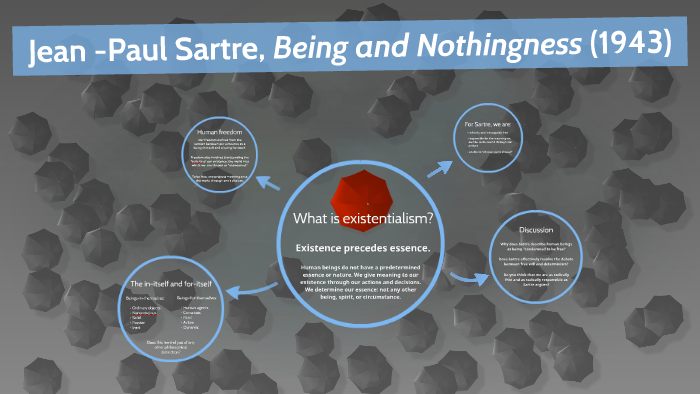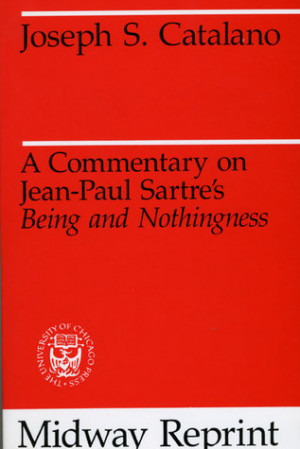

The self-deception about reality leads to bad faith and this makes people deny themselves freedoms. Indeed, he believes this is the reason individuals cannot transcend situations. Sartre faults individuals for defining themselves based on race, class, and social status. Sartre also discusses self-deception and argues that humans can easily believe in lies or objectify themselves by conceiving themselves as objects. For-itself is the conscious being although it is also incomplete. According to Sartre, in-itself cannot change and lies beyond human consciousness. In the first argument, he develops the nothingness theory and describes the concept of the unconscious (in itself) and conscious (for itself).

Sartre adopts phenomena but criticizes earlier phenomenologists, particularly, Edmund Husserl and Martin Heidegger for focusing much on empiricism. We are thankful for their contributions and encourage you to make your own.īeing and Nothingness by Jean-Paul Sartre highlights the concept of consciousness and how objective descriptions of humans are incomplete.

These notes were contributed by members of the GradeSaver community.


 0 kommentar(er)
0 kommentar(er)
